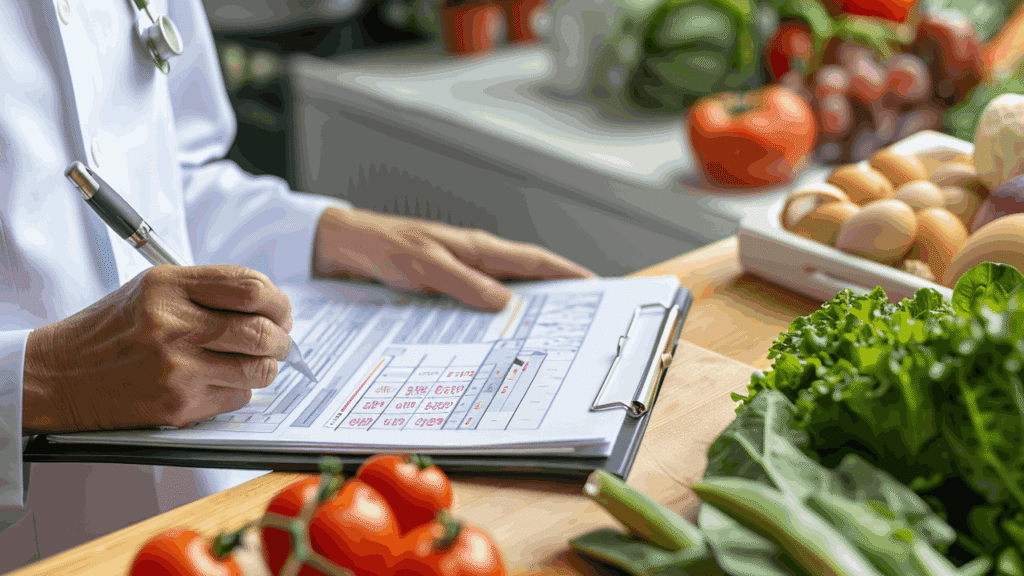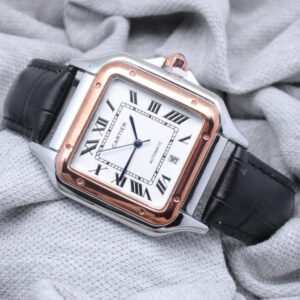Dubai’s dynamic market, business-friendly policies, and strategic global position make it a prime destination for foodstuff trading businesses. Entrepreneurs looking to establish a foodstuff trading company in Dubai must understand the regulatory, operational, and licensing framework necessary to thrive in this sector.
What is a Foodstuff Trading License in Dubai?
A Foodstuff Trading License in Dubai is a commercial license that allows companies to import, export, distribute, and sell food products within the UAE. This license is issued by the Department of Economic Development (DED) and is mandatory for any entity planning to deal in food and beverages.
Steps to Obtain a Foodstuff Trading License in Dubai
1. Define Your Business Activities
Before applying, it is crucial to determine the exact foodstuff categories your business will engage in. These could include:
-
Cereals, grains, and pulses
-
Bottled mineral water
-
Frozen foods
-
Juices and beverages
-
Packaged and canned foods
-
Organic and health food items
If your intended product falls under a sub-activity, such as juice trading, you must include it in your application. Otherwise, external approvals will be required later.
2. Choose a Legal Structure
You may establish your business as:
-
Sole Proprietorship
-
Limited Liability Company (LLC)
-
Civil Company
-
Branch of a Foreign Company
Most foodstuff traders opt for an LLC setup, as it offers flexibility, local market access, and limited liability protection.
3. Reserve a Trade Name
Select and reserve a unique trade name through the DED that complies with the naming guidelines. It must reflect the nature of your business and avoid terms offensive to religious or moral values.
4. Initial Approval from DED
Once the name is reserved, apply for initial approval. This indicates that the government has no objection to you starting the foodstuff trading business.
5. Draft and Notarize the MOA
Create a Memorandum of Association (MOA) in the presence of a public notary. The MOA outlines:
-
Ownership structure
-
Capital investment
-
Profit-sharing ratio
-
Business activities
6. Secure a Business Location
A physical office or warehouse space is mandatory for license issuance. You must present a valid Ejari tenancy contract, which is the official rental agreement approved by the Real Estate Regulatory Agency (RERA).
7. Obtain External Approvals
Depending on the type of food items, you might need external clearance from:
-
Dubai Municipality (Food Safety Department)
-
Ministry of Climate Change and Environment (MOCCAE)
-
Dubai Customs
This is especially true for organic items, seafood, or dietary supplements.
8. Final License Issuance
After all documents are approved, and the relevant payments are made, the DED will issue your commercial license along with the foodstuff trading activity code.
Annual Renewal of Foodstuff Trading License
The foodstuff trading license in Dubai must be renewed yearly. The process includes:
-
Updated tenancy contract (Ejari)
-
Renewed external approvals (if required)
-
Clearance from Dubai Municipality
Failure to renew on time can result in penalties, fines, or even blacklisting of your trade name.
Understanding Sub-Activities in Foodstuff Trading
Some food categories require additional approvals and fall under sub-activities, such as:
-
Fruit and vegetable trading
-
Mineral water distribution
-
Juice production
-
Frozen meat handling
These sub-activities must be included at the time of license application. If not, you will require separate approvals and may be barred from trading those items until rectified.
Import and Export Regulations
Dubai Customs must approve all imported food products. You will need to:
-
Register your company with Dubai Customs
-
Submit shipment documents for approval
-
Comply with UAE food labeling requirements
-
Pay the necessary import duties
For exporters, health certificates and country-of-origin documentation are essential for smooth international transactions.
Why Work with Business Setup Consultants in Dubai?
Navigating Dubai’s legal, regulatory, and procedural landscape can be overwhelming. Partnering with experienced business setup consultants in Dubai ensures:
-
Faster license approval
-
Proper documentation and compliance
-
Selection of optimal legal structures
-
Minimized risk of penalties
Consultants also assist with visa processing, corporate banking, PRO services, and ongoing renewals, offering an end-to-end solution.
Main Advantages of Starting a Foodstuff Trading Business in Dubai
-
Access to a booming F&B industry
-
Strategic trade location between Asia, Africa, and Europe
-
World-class infrastructure and logistics
-
Government incentives for traders
-
100% foreign ownership options in free zones
-
Easy access to global suppliers and distributors
Free Zone vs Mainland for Foodstuff Trading
Mainland Setup
-
Allows direct trading within UAE
-
Requires physical office space
-
Subject to DED regulations
Free Zone Setup
-
Ideal for import/export businesses
-
100% foreign ownership
-
Customs exemption
-
Trade limited within free zones or internationally unless partnered with a local distributor
Popular free zones for foodstuff trading include:
-
Dubai Multi Commodities Centre (DMCC)
-
Dubai Airport Freezone (DAFZA)
-
Jebel Ali Free Zone (JAFZA)
Documents Required for Foodstuff Trading License
-
Passport copies of all shareholders
-
Visa copies (if applicable)
-
Emirates ID (for residents)
-
Trade name reservation certificate
-
Initial approval certificate
-
MOA (Notarized)
-
Ejari tenancy contract
-
External approvals (if required)
Cost of Setting Up a Foodstuff Trading Company in Dubai
The total cost can vary based on:
-
License type
-
Office/warehouse rent
-
Number of visas required
-
External clearances
Estimated cost range: AED 15,000 to AED 35,000 for mainland setups (excluding warehouse costs).
For free zones, costs may start from AED 12,000 and increase depending on package and visa requirements.
Conclusion: Launching Your Foodstuff Trading Business in Dubai
Launching a foodstuff trading company in Dubai offers a lucrative opportunity, thanks to the city’s rapidly growing population, strong tourism sector, and import-based food supply chain. With proper licensing, compliance, and strategic planning, you can establish a successful enterprise that caters to both domestic and international markets.
Partnering with business setup consultants in Dubai significantly increases the speed and efficiency of the setup process, ensuring you stay focused on building your brand while experts handle the regulatory work.
- Foodstuff Trading License Dubai: Setup, Cost & Regulations
- Start your foodstuff trading business in Dubai! Learn how to get your foodstuff trading license, understand regulations, costs, and benefits of setting up in Dubai's dynamic market.
- Foodstuff Trading License, Foodstuff Trading License UAE
Related posts:
 Types of Digital Printing Services Available in Dubai dfgrfgt
Types of Digital Printing Services Available in Dubai dfgrfgt
 Choosing the Best iPhone 15 Pro Cover for Ultimate Protection
Choosing the Best iPhone 15 Pro Cover for Ultimate Protection
 Business Consulting Solutions That Help Scale Your Business Quickly
Business Consulting Solutions That Help Scale Your Business Quickly
 The Importance of UX and UI Testing for Exceptional Digital Experiences
The Importance of UX and UI Testing for Exceptional Digital Experiences
 Why Bakers Are Switching to Sponge Cake Premix for Consistent Results
Why Bakers Are Switching to Sponge Cake Premix for Consistent Results
 Is Your Burlington Home Properly Covered? Understanding Policy Gaps Before It’s Too Late
Is Your Burlington Home Properly Covered? Understanding Policy Gaps Before It’s Too Late
 Expert Chain Link Fence Installation Kingston – What You Need to Know
Expert Chain Link Fence Installation Kingston – What You Need to Know
 The Rise of the Pull Stussy: A Streetwear Essential pull stussy
The Rise of the Pull Stussy: A Streetwear Essential pull stussy






